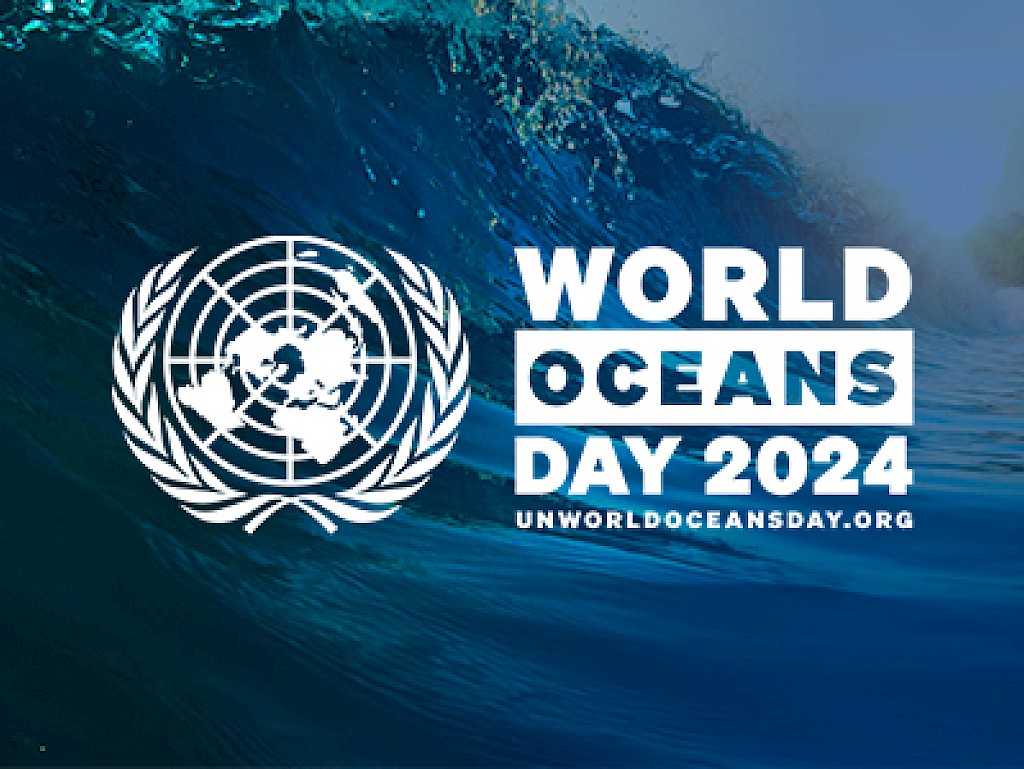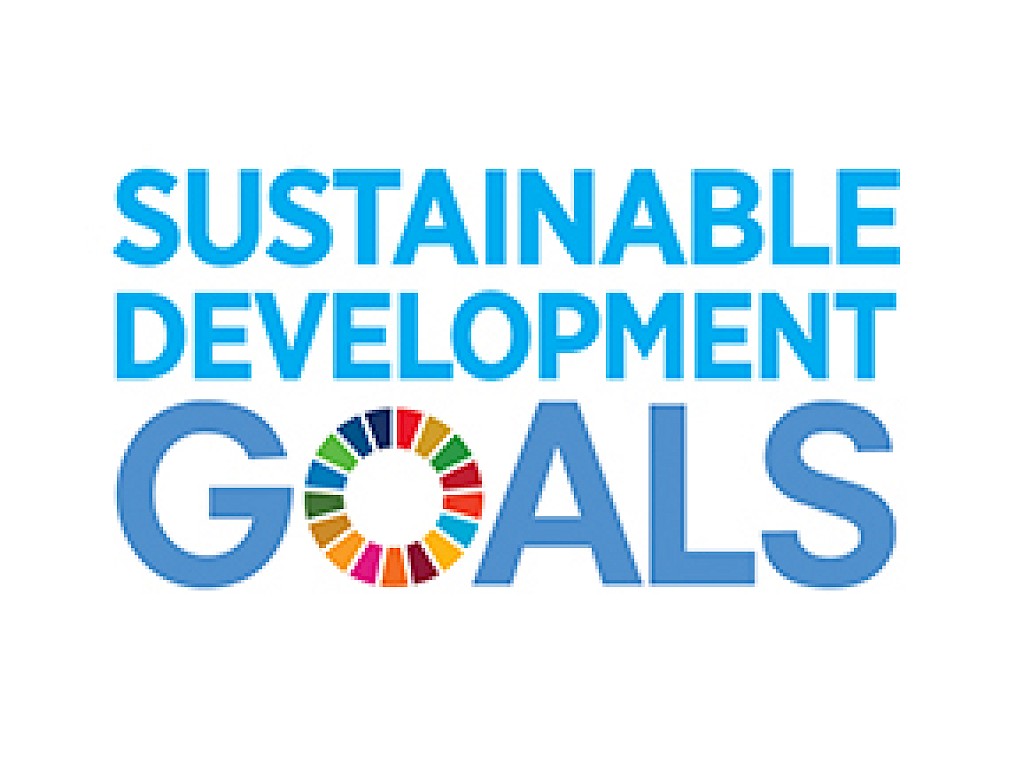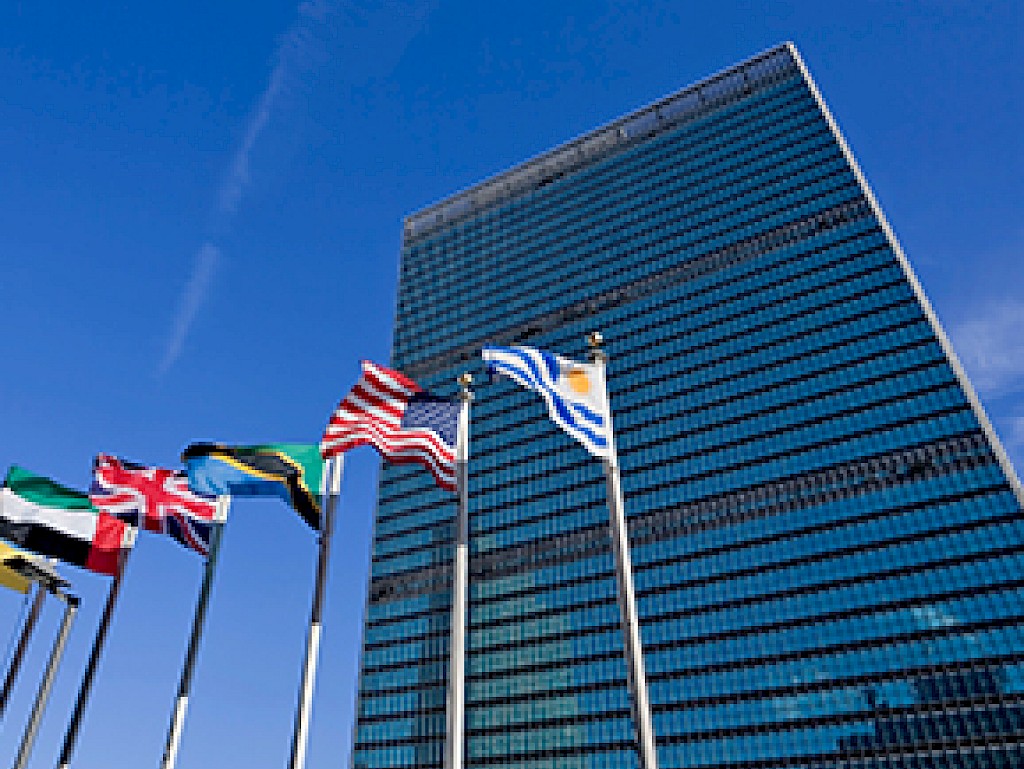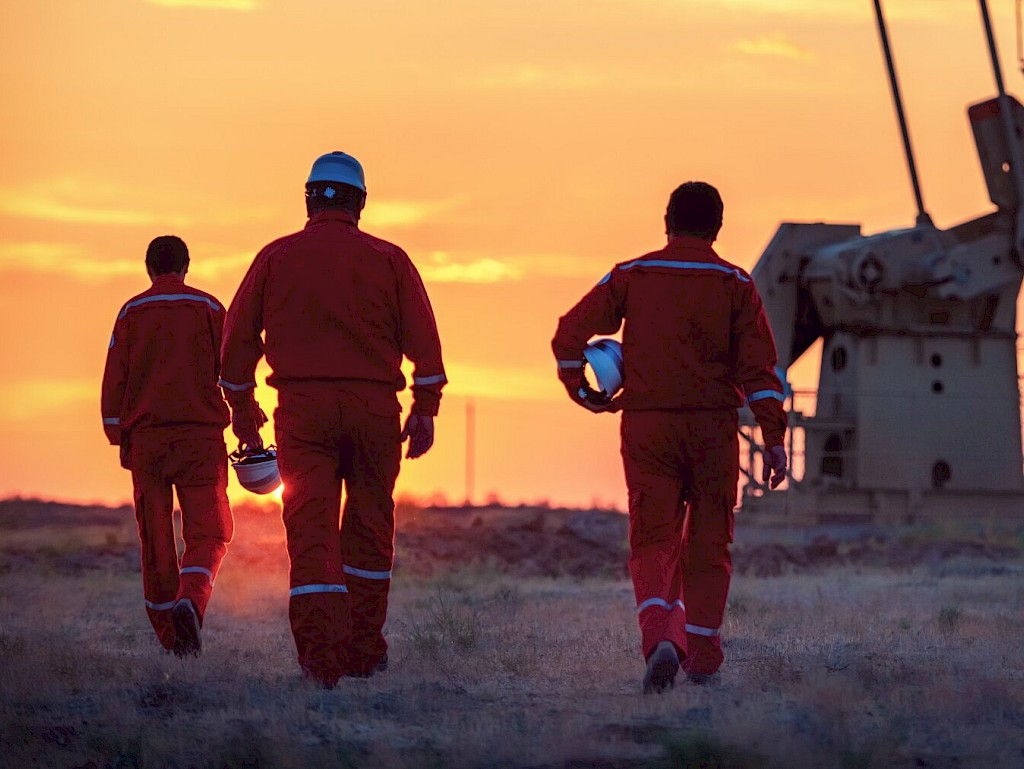About UN World Environment Day
5 June marks UN World Environment Day.
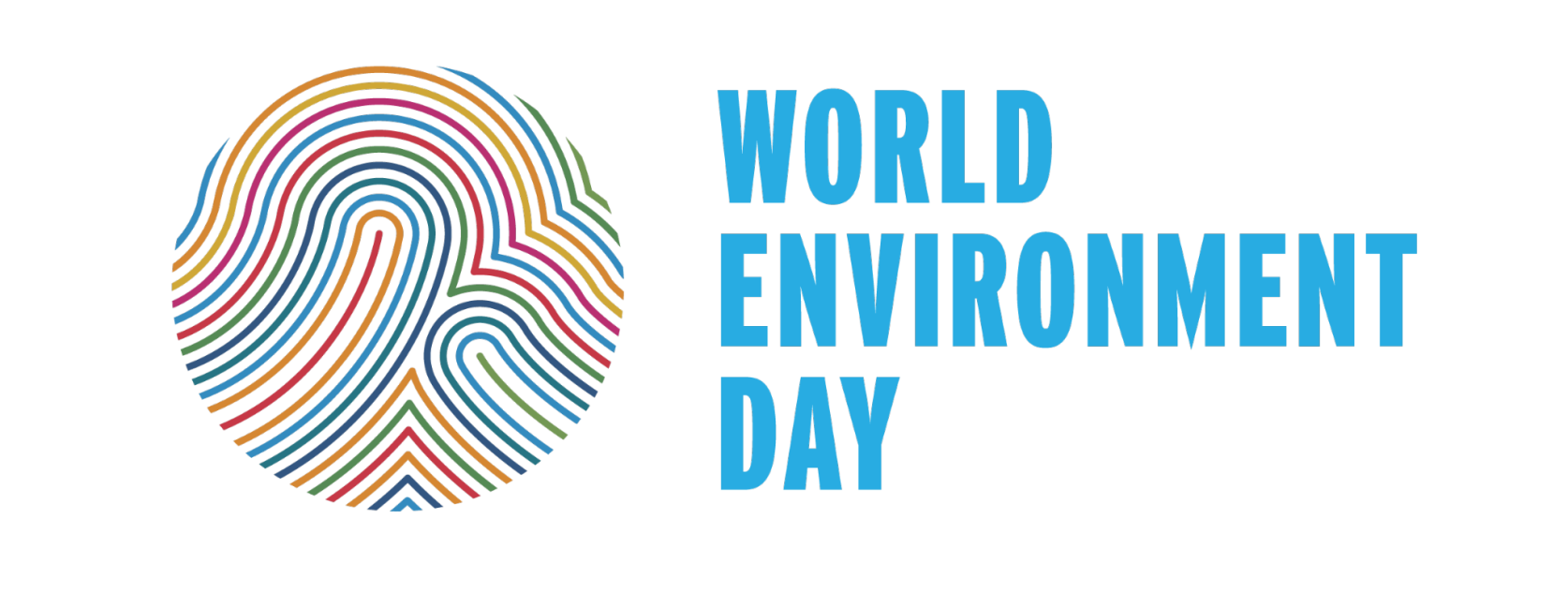
World Environment Day 2024 focuses on land restoration, halting desertification and building drought resilience under the slogan ‘Our land. Our future. We are #GenerationRestoration.’
Since our foundation at the request of UNEP in 1974, Ipieca has convened industry and stakeholders to work on a broad range of environmental topics associated with industry operations. Ipieca supports various UNEP-led initiatives, including the Partnership for Clean Fuels and Vehicles (PCFV) of which Ipieca is a founding partner and which celebrated the end of global leaded petrol in 2021. Ipieca has been working closely with UNEP-World Conservation Monitoring Centre (UNEP-WCMC) for 30 years to develop guidance and address key biodiversity issues across the oil and gas industry.
Ipieca's work on environmental stewardship
Since 1974, Ipieca has convened industry and stakeholders to work on a broad range of environmental topics associated with oil and gas operations. Our work in this area is to identify and address environmental risks and impacts, facilitate the sustainable use of natural resources and promote environmental good practice throughout the supply chain and across the energy transition.
Ipieca’s environmental stewardship workstream covers: environmental management good practice; monitoring emerging issues; nature positive; circular economy and nature-based solutions. We work to responsibly integrate the management of biodiversity and ecosystem services across the life cycle of operations. Our biodiversity guidance is underpinned by the UN Convention on Biological Diversity (CBD). Ipieca has also undertaken a mapping of all our guidance against each of the 23 Global Biodiversity Framework targets.
Ipieca Principles on nature
The Ipieca Principles, a condition of membership, are grouped around our four strategic pillars of climate, nature, people and sustainability, with two in each area. The nature principles drive support for the UN CBD and call for the responsible management of operational impacts on the natural environment and ecosystem services.
Nature-related Ipieca guidance
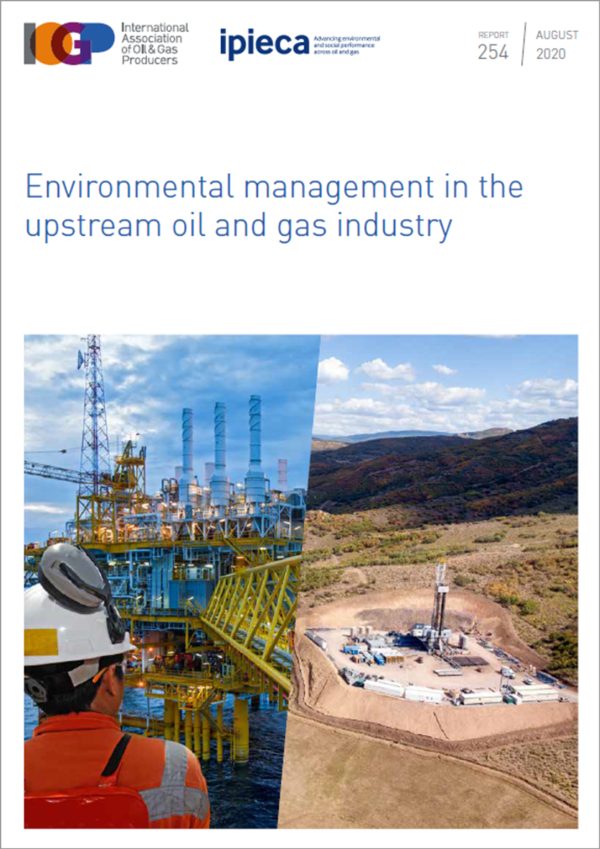 | Environmental management in the upstream oil and gas industry Outlines the latest international environmental management good practice and technology advancements in upstream operations. |
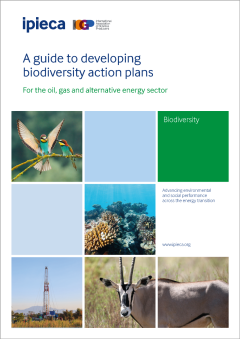 | Guide to developing biodiversity action plans Designed to help health safety environment/sustainable development (HSE/ SD) professionals - those involved in environmental management for project planning - to develop biodiversity action plans for their activities and projects in the oil, gas and alternative energy sector. |
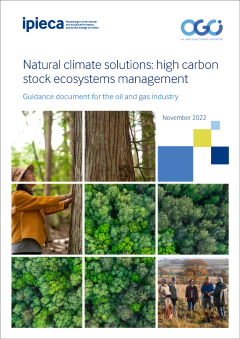 | Natural climate solutions: high carbon stock ecosystems management Provides six natural climate solutions management practices to support energy companies to conserve, enhance and restore the high carbon stock ecosystems in which they operate in order to deliver climate change mitigation outcomes that benefit also nature and people. |
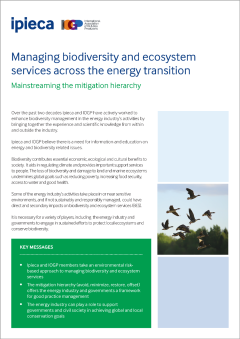 | Supports companies to mainstream the mitigation hierarchy (avoid, minimise, restore, offset) across projects and integrate it with other biodiversity and ecosystem services management practices. |
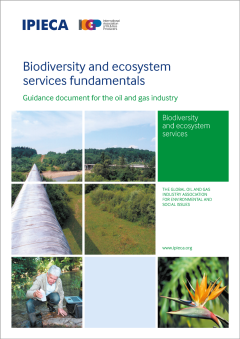 | Biodiversity and ecosystem services fundamentals Sets out a framework to inform biodiversity and ecosystem services strategy development and decision making at the corporate level and at the key stages of an asset life cycle for any type of operation or environmental context. |
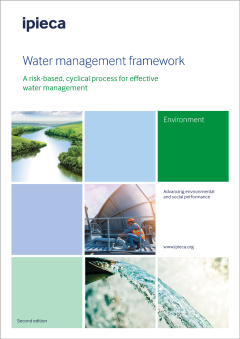 | A risk-based, continuous improvement process to water management which can be applied across any local hydrological, environmental, social-economic and regulatory setting. |
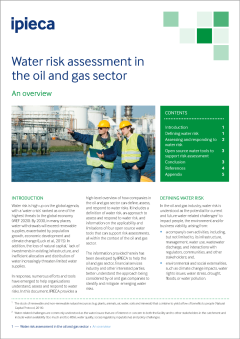 | Water risk assessment in the oil and gas sector Provides a high-level overview of how companies in the oil and gas sector can define, assess and respond to water risks. Covers:
|
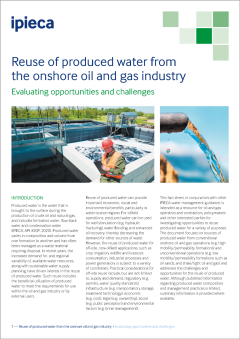 | Reuse of produced water from the onshore oil and gas industry Evaluates the opportunities and challenges of reusing produced water for the onshore oil and gas industry. |
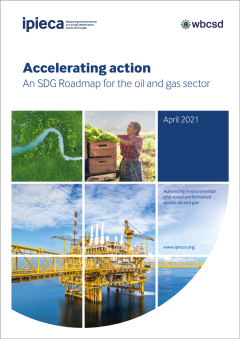 | Sets out SDG impact pathways across the systemic themes of climate, nature and people to accelerate action on ten priority SDGs including SDG 14 Life below water and SDG 15 Life on land. There are two nature impact pathways: resource management; and biodiversity, land and water stewardship. |
